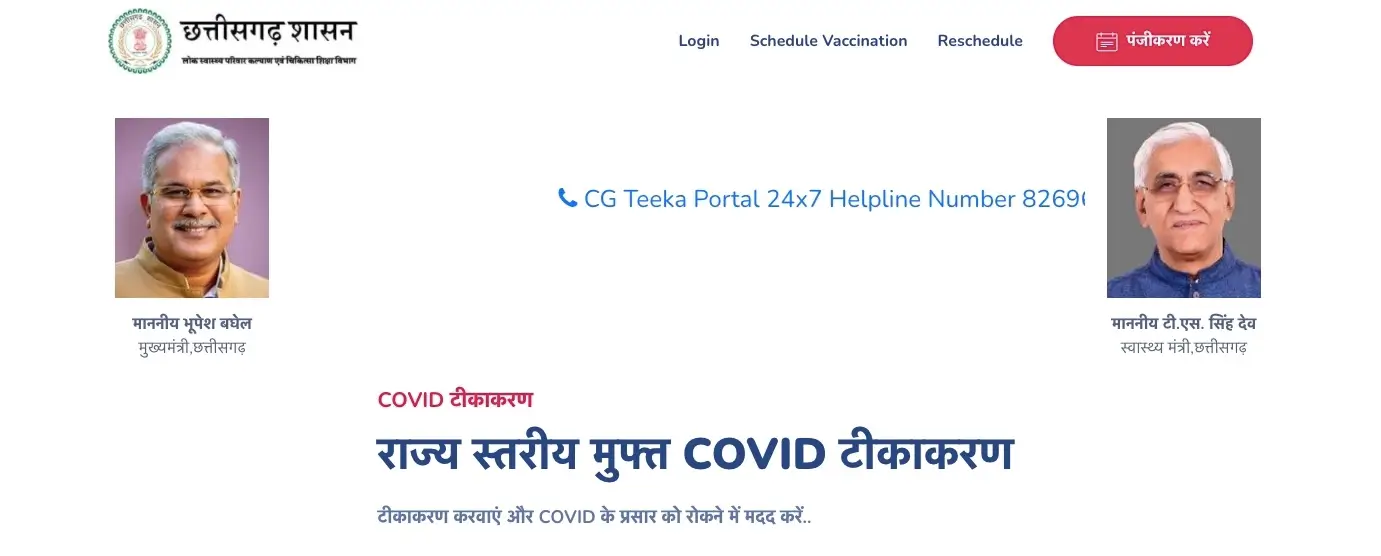
The ongoing Udyan Utsav-I, 2024 (February 1–March 31, 2024) at the Rashtrapati Bhawan in New Delhi is a great time to experience the iconic garden’s beauty and charm. Originally known as Mughal Gardens, the Amrit Udyan is a meticulously manicured oasis that stands as a testament to India’s rich heritage and offers a tranquil escape from the hustle and bustle of city life.
Designed with inspiration from the classical Mughal garden style by the acclaimed architect Sir Edwin Lutyens, these gardens boast meticulously laid-out geometric patterns and gracefully flowing watercourses, evoking a sense of timeless beauty. Since its inauguration in 1919, Amrit Udyan has evolved into a symbol of horticultural excellence in Delhi, drawing visitors from far and wide to marvel at its splendour.
The iconic garden is open to the public from February 2 to March 31, 2024. Visitors can expect to see a 225-year-old Sheesham tree, Bal Vatika, 42,000 Tulips of 18 varieties, Amrit Udyan Signature (an artistic garden signature as a selfie point), Floral Clock, Bonsai Garden, Musical Fountains, Central Lawn, Long Garden, Chhoti Narangi and Hanging Gardens, Circular Garden, Vertical Garden, Tray Garden, Gardens in Wheelbarrows, Zen Garden, Majestic Banyans, and Food Court, among many others.
The pleasant weather in February and March will further enhance the outdoor exploration experience.
Entry to Amrit Udyan is free for all visitors, although online registration is required to secure a slot. Additionally, walk-in visitors can obtain entry passes from the conveniently located self-service kiosks near Entry Gate No. 35, ensuring hassle-free access to this botanical wonderland. Amrit Udyan is open on all days except Mondays. Also, shuttle bus services will be available from Central Secretariat Metro Station to Gate No. 35. The bus service will be available every 30 minutes from 9.30 a.m. to 5.00 p.m.
The Udyan will be open for special categories on the following days: February 22 for differently-abled and visually challenged persons; February 23 for personnel of defence, paramilitary, and police forces; March 1 for women, tribals, and women Self-Help Groups (SHGs); and March 5 for children of orphanages.
Also to keep in mind, visitors are allowed to carry mobile phones, electronic keys, purses or handbags, water bottles, and milk bottles for infants.



